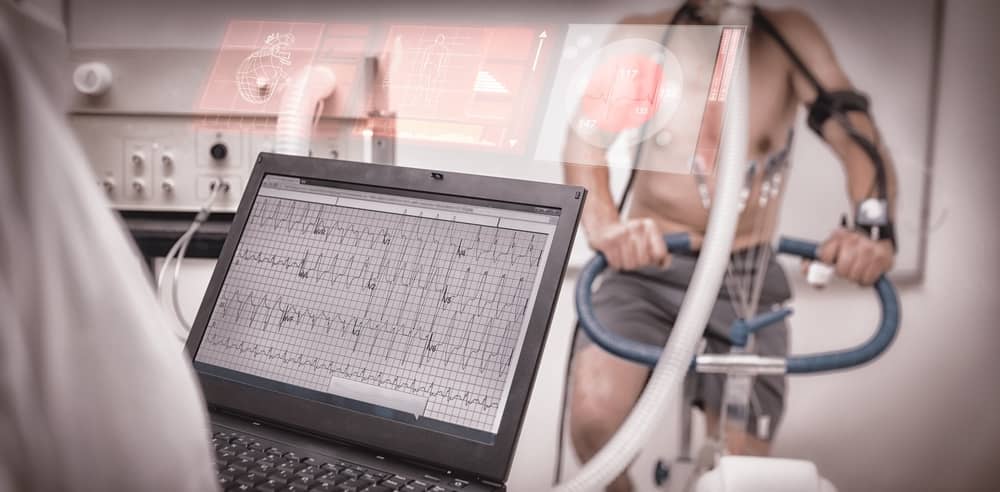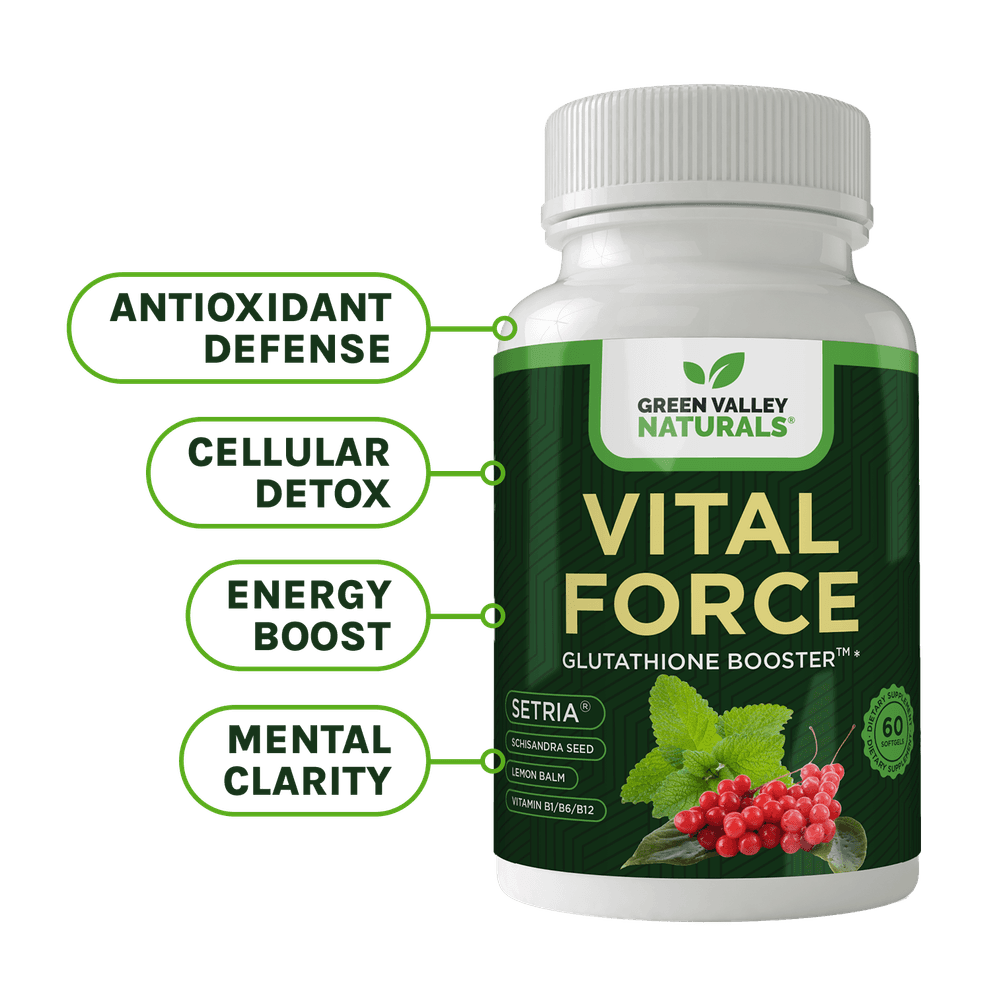
I suspect these painful, humiliating events helped lead to his heart attack. Since he was almost exactly my age, the event got my attention.
Stress is a killer. It’s as simple as that.
Although the connection between stress and heart health has been recognized since ancient times, surprisingly there has been little scientific evidence to back this up.
Stress Calcifies The Arteries
Researchers from University College London carried out several studies of older adults given a demanding task. Subjects who responded with a rise in the stress hormone cortisol had increased calcification of the arteries compared to those with cortisol levels that remained stable.While greater calcification narrows the arteries and probably raises the risk of a heart attack or stroke, studies didn’t prove this, so scientists from Massachusetts General Hospital and Harvard Medical School in Boston went one step further.
They undertook two studies to investigate the role of stress in causing inflammation in the arteries.
Stress Sets Off an Immune Response
In the first study, 29 medical staff working in a highly stressful environment — an intensive care unit (ICU) – were all found to have higher white blood cell counts than their off-duty colleagues, indicating an overactive immune system.This study was followed by one inducing chronic stress in mice that were healthy, but prone to heart disease.
Stress activated the growth of stem cells in the bone marrow that develop into red and white blood cells. These in turn increased the production of “disease-promoting inflammatory” white blood cells.
The inflammation produced vulnerable lesions in the animals’ arteries that are similar to those that can rupture and cause heart attacks and strokes in humans. This suggests that the ICU medical team and others in stressful jobs would be at greater risk.
The authors said this study provided new evidence for the role of blood cells in cardiovascular disease and a direct link between stress and inflammation.
Following this research, other scientists from Massachusetts General Hospital presented new findings at the 2016 American College of Cardiology conference. Their findings took our understanding even further.
Stress Increases The Risk of Heart Attack
The researchers scanned the brains, bone marrow and arteries of 293 disease-free patients with an average age of 55. During the five-year study period the participants suffered 22 incidents of heart attack or stroke.The researchers found that greater activity in the amygdala — the brain’s fear and stress center — led to more inflammation in the arteries and increased production of inflammation-promoting immune cells in the bone marrow.
In fact, after adjusting their results to take into account age, gender and other risk factors, the researchers found there was a 14-fold increased risk of a heart attack or stroke for each unit increase in brain stress.
Over the five years, more than a third of the most highly stressed participants had a cardiovascular event compared to only one out of 20 of those who experienced the least stress.
A co-author of the study, Dr. Ahmed Tawakol, said, “The brain’s fear centers, bone marrow and arterial inflammation may together be part of a system that provokes cardiovascular disease.
“The pathway could be that a stressful event triggers activation of the amygdala which then leads to release of …pro-inflammatory [immune cells] from the bone marrow that in turn contribute to atherosclerotic inflammation.”
Protecting Yourself From a Heart Attack
If there were any doubts about the damaging effect of stress, these findings should remove them.In an ideal world, eliminating the causes of negative stress would be the way to go, but often this is not possible. A chronically ill spouse or drug-abusing child isn’t going to disappear just because we need to reduce our stress levels. Many of us have no other choice but to find ways to cope with stress.
Fortunately there are lots of ways to achieve this. Getting seven or eight hours of good sleep each night is essential. If you’re not sleeping well, get the problem fixed.
Other tips range from walking in the forest, laying on a beach or watching the sunset, to exercising, learning meditation, taking up yoga or just reading a novel. The important thing is to find something that works for you. Me, I can’t imagine life without my daily meditation and half hour walk.
Herbal medicine also has much to offer. There are many herbs that lower stress and inflammation in the body. These include chamomile, ashwagandha, rhodiola, rosemary, holy basil, ginger and turmeric.
Take up these options and you should be more resilient when you hit life’s inevitable bumps.

